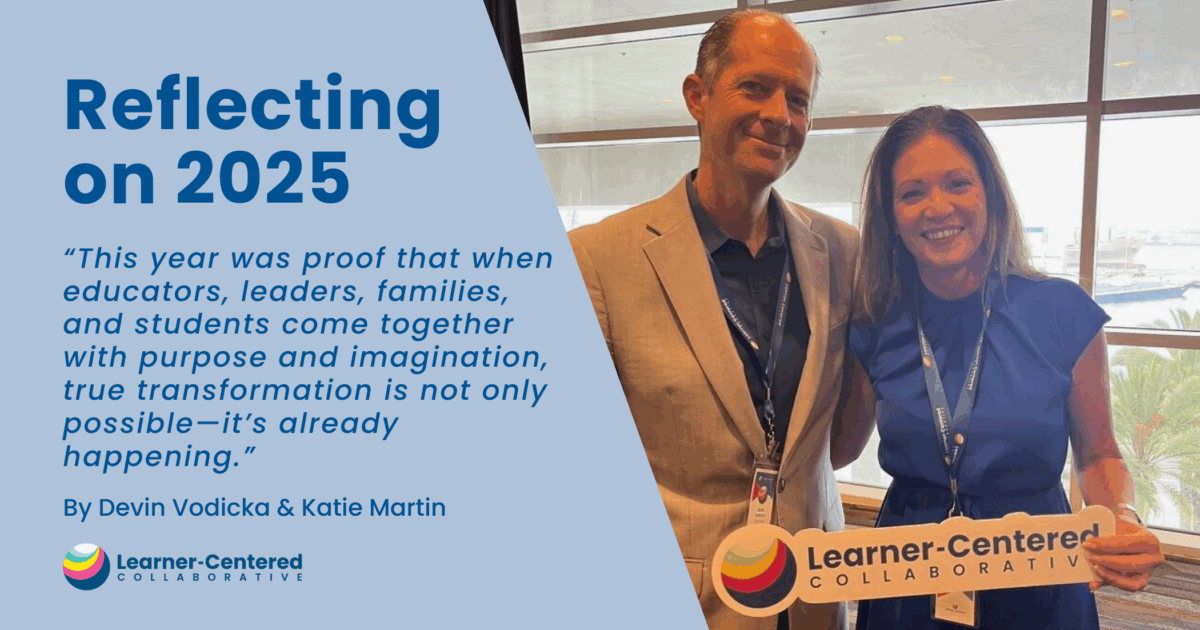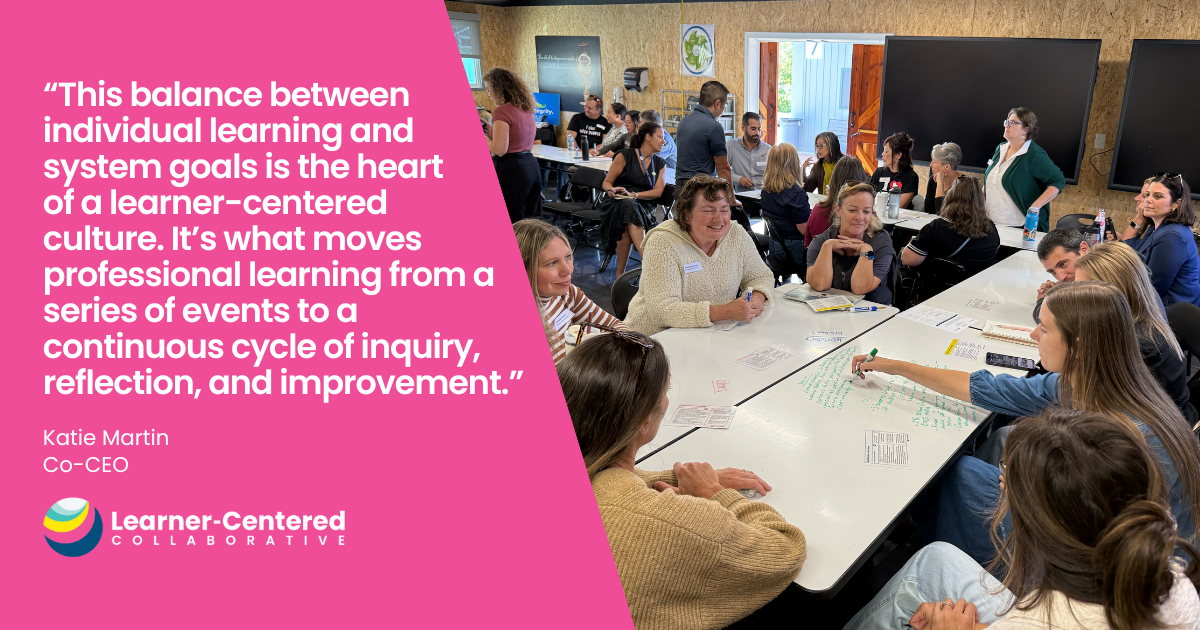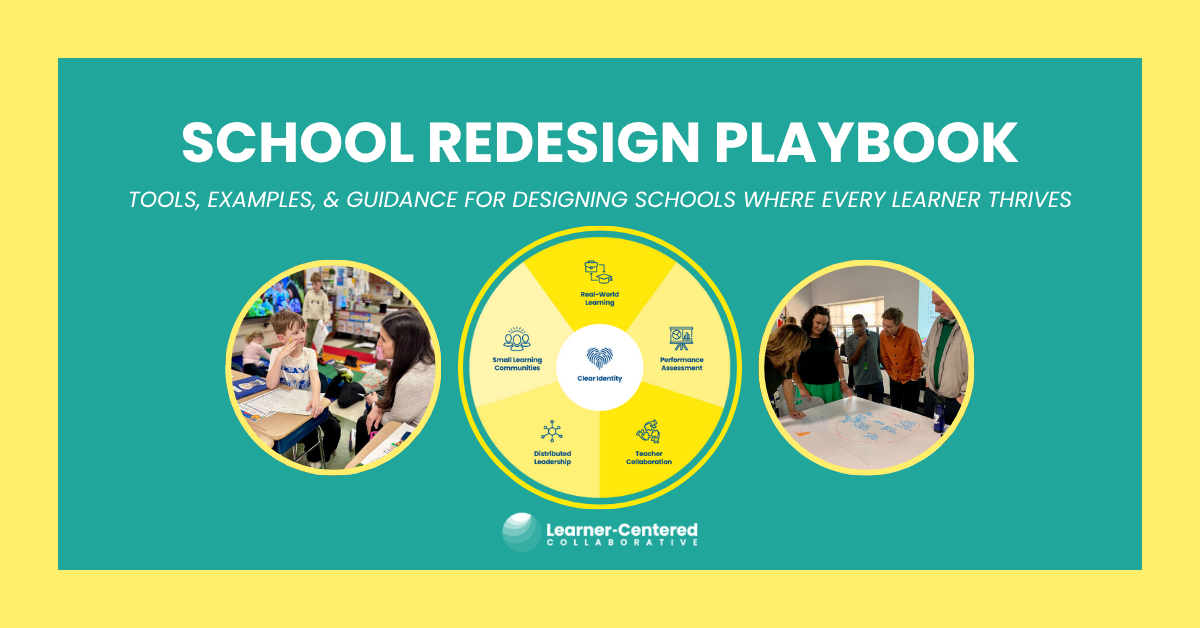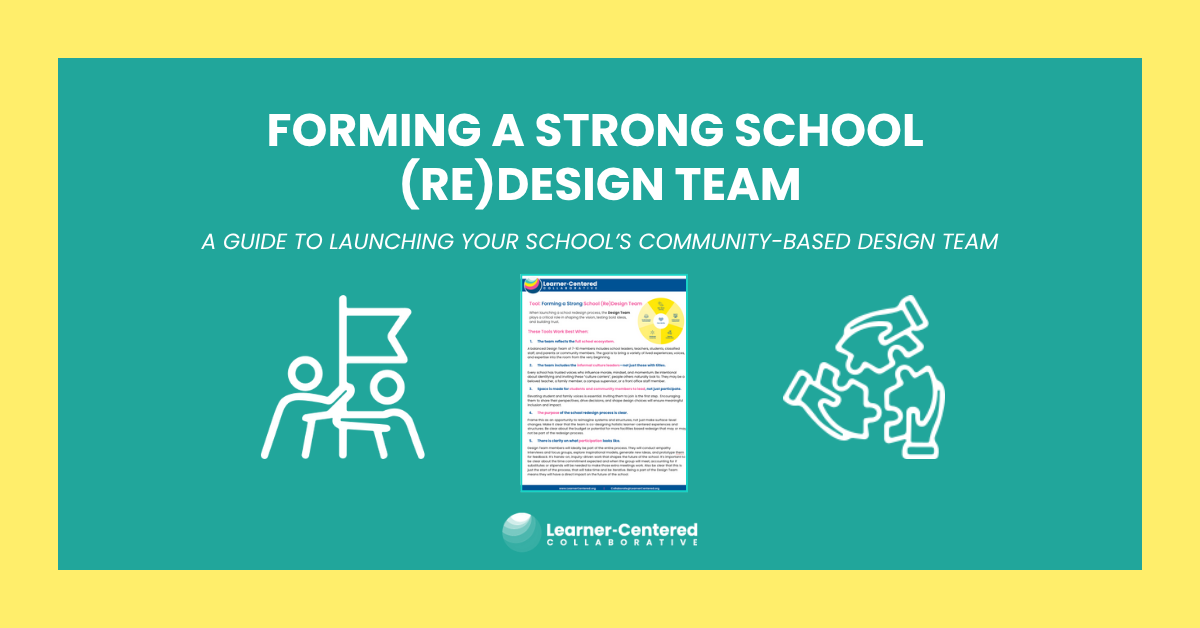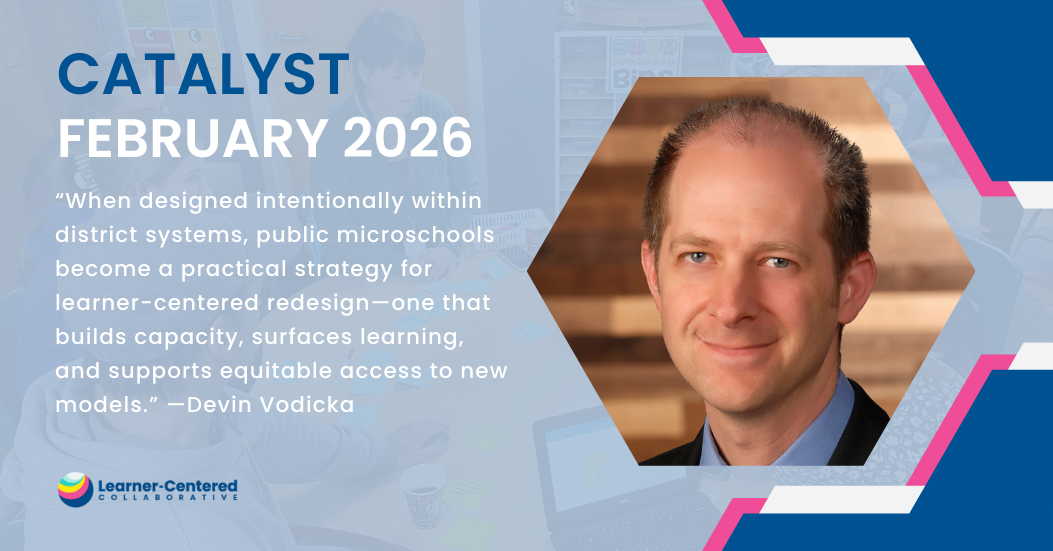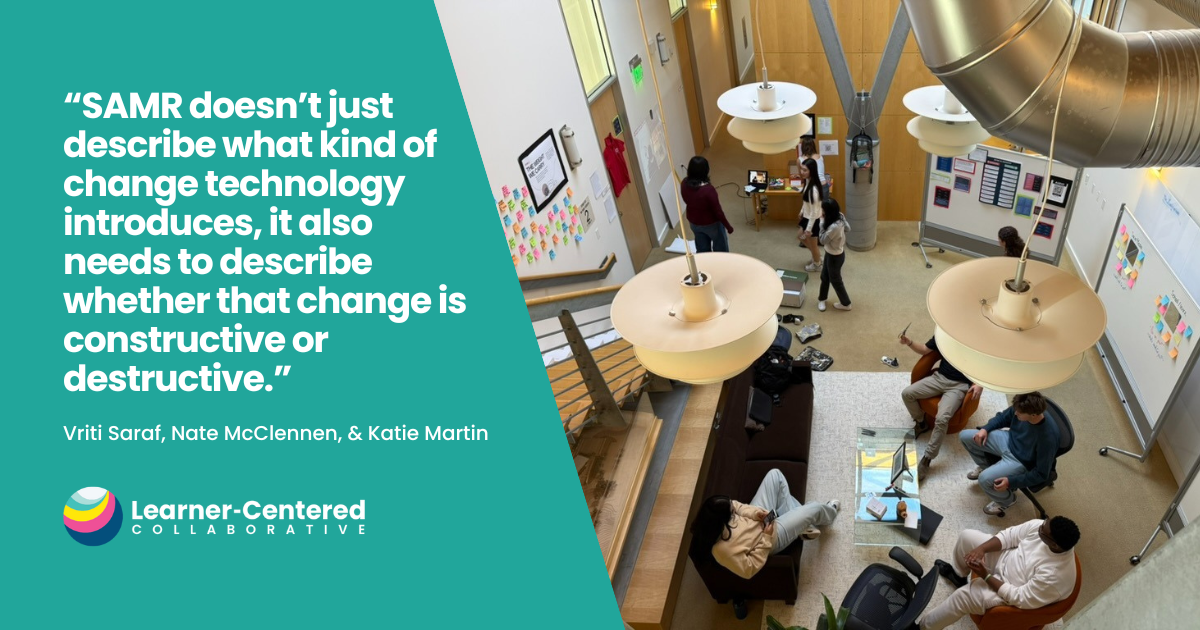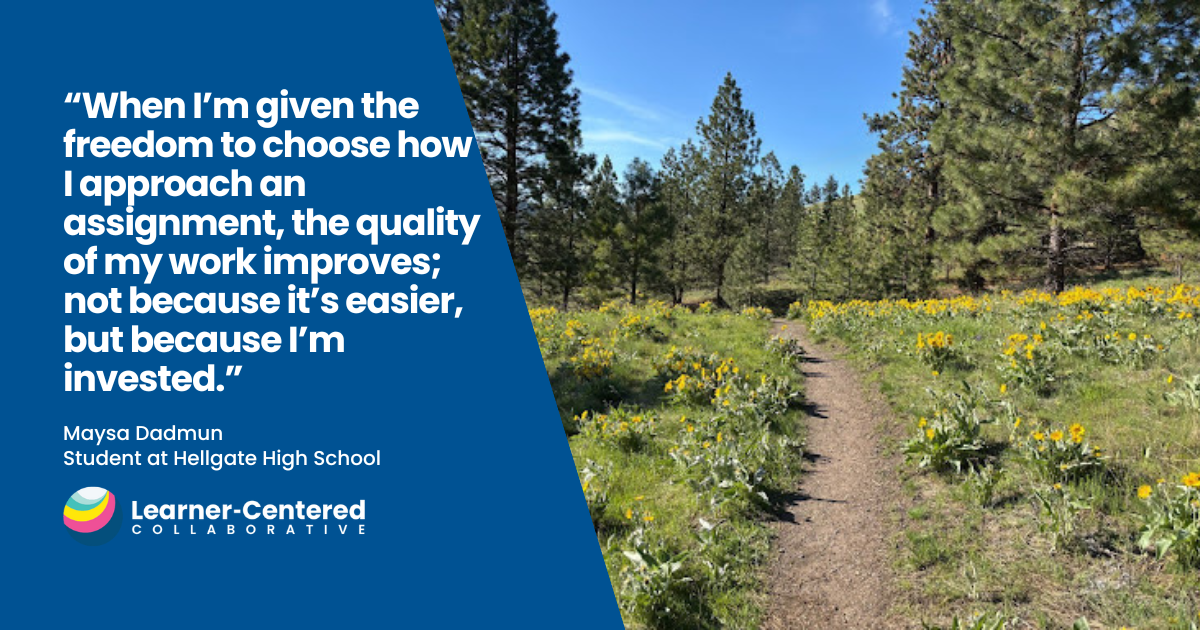3 Leadership Building Blocks for Meaningful Change in Education
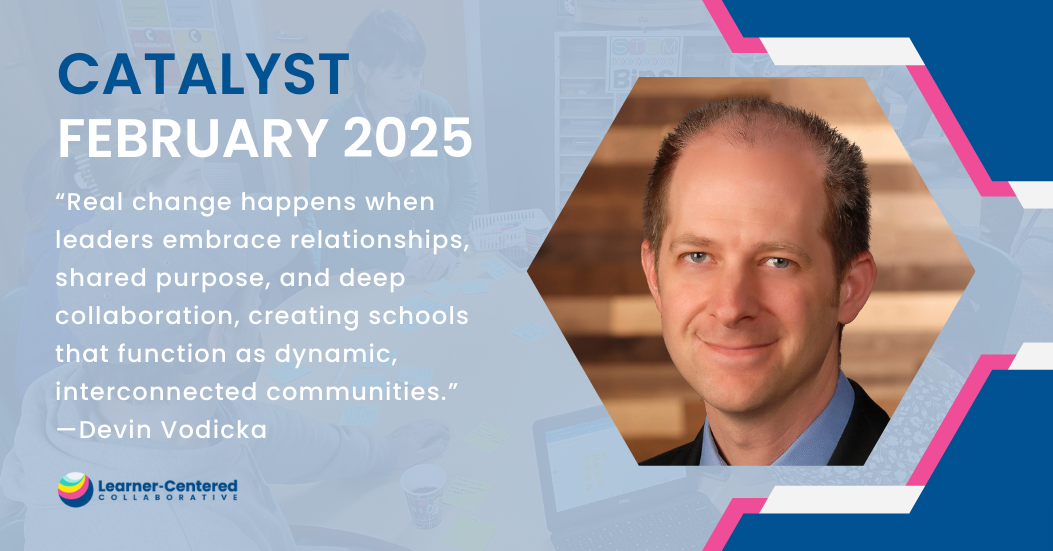
Schools have operated like factories for too long, with top-down control and rigid structures. Real change happens when leaders embrace relationships, shared purpose, and deep collaboration, creating schools that function as dynamic, interconnected communities. When educators work together, trust each other, and share responsibility, small actions can lead to big, lasting improvements.
If we want to create learning environments where every student thrives, we need a leadership mindset that embraces relational trust, collective efficacy, and distributed leadership. These aren’t just theoretical ideals; they are the building blocks for sustainable, meaningful change that benefits students, families, educators, and communities alike.
Relational Trust
Trust is the foundation of any transformational effort, and in education, it manifests through the four C’s: consistency, compassion, competence, and communication. When relational trust is strong, educators and learners are more engaged, resilient, and empowered.
Read More: The Four Elements of Trust
The importance of relational trust can seem like common sense, but we would be remiss to rely too much on what “feels” right without conducting the research necessary to prove an idea’s effectiveness.
An inspiring example of a learning network that emphasizes relational trust is SoCal LiNK—a research partnership between Learner-Centered Collaborative, researchers from the University of San Diego, California, and teams from 10 Southern California schools and districts.
At the heart of this work is building strong relationships—recognizing that meaningful change happens when people feel connected, valued, and supported. As we work toward our shared goals, we will cultivate trust and collaboration while developing evidence-based solutions to the challenges we face together. By strengthening a regional network of support, we can learn from one another, amplify our impact, and create lasting improvements across our organizations. Along the way, we will collect evidence to ensure our efforts are making a difference, continuously refining our approach to better serve our communities.
We can’t wait to see what we uncover.
Collective Efficacy
The most effective leaders understand that transformational change cannot be achieved alone. Collective efficacy—the belief that we can achieve more together than we ever could alone—is a key driver of sustained progress.
Read More: Understanding and Influencing Collective Efficacy
We talk a lot about collective efficacy within the context of our specific learning communities (e.g. students, families, educators, and community stakeholders). This is important when creating our shared vision, mission, and values to ensure these foundational elements represent the needs and desires of the people we directly serve.
However, it’s important to expand our notion of “the collective” to include communities beyond our local neighborhood. This idea is evident in San Diego’s North County Superintendents group, where district leaders exchange best practices, explore innovative ideas, and connect on challenges showing up within their local contexts. By embracing a culture of shared learning, they have multiplied their impact in ways that no single district could accomplish independently.
If we want to create education systems that truly serve all learners, we must cultivate networks of collaboration—both within our districts and across broader communities of practice.
Distributed Leadership
Leadership in a learner-centered world is not about having all the answers; it’s about creating the conditions for others to innovate, take risks, and grow. Distributed leadership ensures that decision-making is shared, diverse voices contribute to solutions, and leadership is not confined to titles but extends to all community members (including, and especially, students).
Effective leaders act as connectors—bringing together people, ideas, and resources to create new opportunities for learners and learning. They foster a culture of experimentation, recognizing that innovation requires failing and iteration before finding success. When leaders create space for risk-taking, they enable the emergence of new learning models that better serve students.
Conclusion: A Call for Bold Leadership
Shifting to learner-centered education is both a technical challenge and an adaptive one. It requires us to rethink long-standing assumptions, embrace uncertainty, and build leadership structures that empower rather than control.
Read More: Report Card Redesign as an Adaptive and Technical Challenge
For leaders ready to embark on this journey, here are a few practical steps:
- Cultivate relational trust: Make space for deep listening and authentic engagement with your teams.
- Invest in collective efficacy: Build and participate in networks of shared learning.
- Distribute leadership: Empower those around you to take ownership of transformational work.
The work ahead demands courage, curiosity, and commitment. But if we embrace these mindset shifts, we can reimagine education and fundamentally transform it for the better.
Expand your and your team’s leadership capacity by joining our next Connections cohort. Learn more here.
